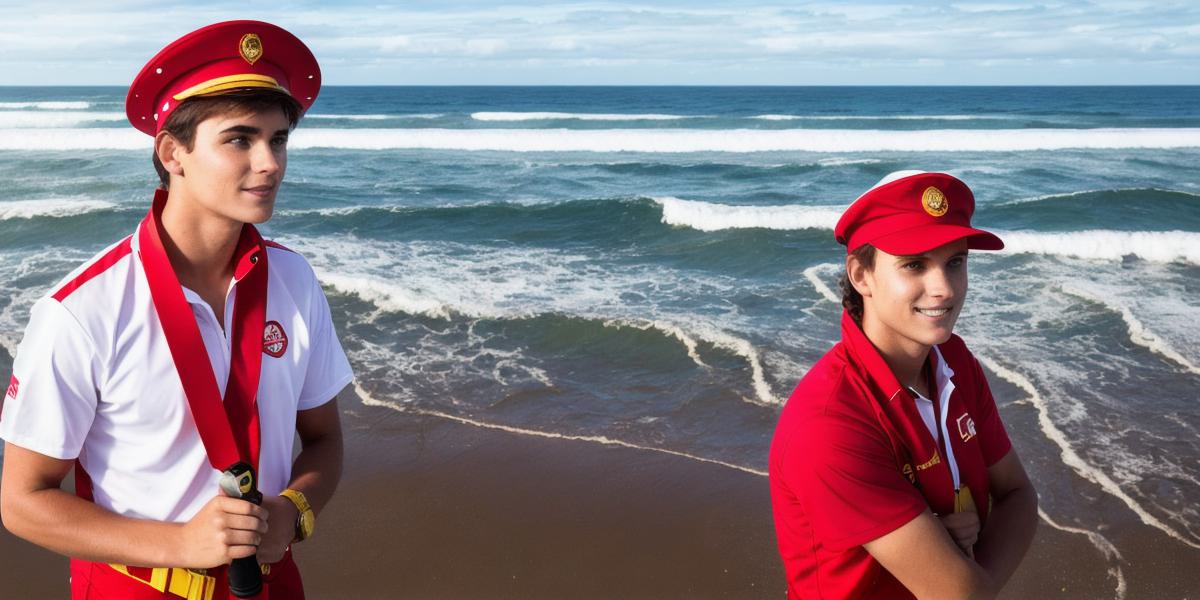How to Become a Lifeguard in South Africa: Everything You Need to Know
Becoming a lifeguard can be a rewarding and fulfilling career, especially if you love working with water and helping others. In South Africa, being a lifeguard requires certification from the National Institute of Recreational Water Safety (NIRWS) or the Surf Lifesaving Association of South Africa (SLSA). In this guide, we will explore everything you need to know about becoming a lifeguard in South Africa, including requirements, training, and tips for success.
Requirements for Becoming a Lifeguard in South Africa
To become a lifeguard in South Africa, you must meet the following requirements:
- You must be at least 16 years old.
- You must have a Senior First Aid certificate or equivalent.
- You must have a valid NIRWS Lifeguarding certification or SLSA Surf Life Saving membership and an accredited Surf Lifesaving Bronze Medallion.
Additionally, you may be required to undergo additional training and assessments depending on your specific role and location.
Training for Becoming a Lifeguard in South Africa
Becoming a lifeguard in South Africa requires comprehensive training, which typically includes the following components:
- First Aid and CPR: You will need to complete a Senior First Aid course or equivalent, which covers basic first aid skills, including CPR.
- Swimming and Water Safety: You will need to pass a swim test demonstrating your ability to swim in various conditions, such as waves, currents, and choppy water.
- Lifesaving Skills: You will undergo training in lifesaving techniques, including rescues, tows, and other water safety skills.
- Rescue Equipment: You will be trained on the use of rescue equipment, such as flotation devices, paddles, and rescue tubes.
- Communication: You will learn how to communicate effectively with other lifeguards and emergency responders using various methods, including whistles, flags, and voice commands.
Tips for Success as a Lifeguard in South Africa
Becoming a lifeguard can be challenging, but following these tips can help you succeed:
- Stay physically fit and healthy: Lifeguarding requires a lot of physical activity, so it’s important to stay in good shape.
* Be a team player:
Lifeguarding is a team sport, and you will need to work well with other lifeguards and emergency responders.
- Communicate effectively: Clear and effective communication is crucial for lifeguarding success.
- Be patient and calm: Emergencies can be stressful, so it’s important to stay patient and calm under pressure.
FAQs
Q: Can I become a lifeguard if I don’t like swimming?
A: While swimming is an important part of lifeguarding, it’s not the only requirement. You can still become a lifeguard if you have other relevant skills and experience.
Q: How long does it take to become a lifeguard in South Africa?
A: The training and certification process for lifeguards in South Africa typically takes around six months, including classroom instruction and practical training.
Q: Can I become a lifeguard if I have a criminal record?
A: In South Africa, individuals with criminal records may be eligible to become lifeguards, but this will depend on the nature of their offenses and the specific requirements of the employer.
